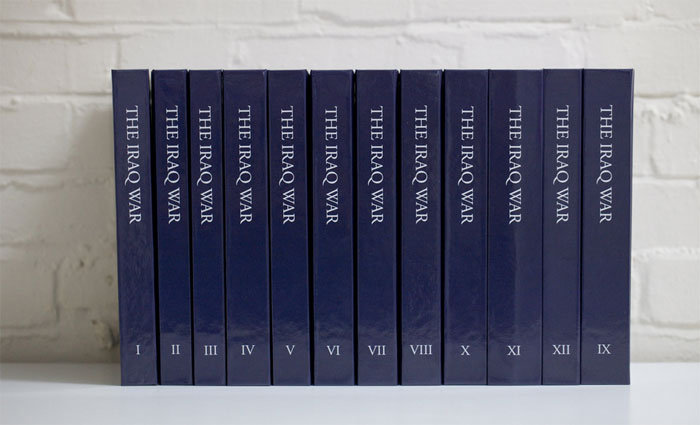Michael at
DailyWritingTips has a list:
chutzpah
Or
khutspe. Nerve, extreme arrogance, brazen presumption. In English,
chutzpah often connotes courage or confidence, but among Yiddish speakers, it is not a compliment.
feh!
An expression of disgust or disapproval, representative of the sound of spitting.
glitch
Or
glitsh. Literally “slip,” “skate,” or “nosedive,” which was the origin of the common American usage as “a minor problem or error.”
kibbitz
In Yiddish, it’s spelled
kibets, and it’s related to the Hebrew “kibbutz” or “collective.” But it can also mean verbal joking, which after all is a collective activity. It didn’t originally mean giving unwanted advice about someone else’s game – that’s an American innovation.
klutz
Or better yet,
klots. Literally means “a block of wood,” so it’s often used for a dense, clumsy or awkward person. See
schlemiel.
kvetsh
In popular English,
kvetch means “complain, whine or fret,” but in Yiddish,
kvetsh literally means “to press or squeeze,” like a wrong-sized shoe. Reminds you of certain chronic complainers, doesn’t it? But it’s also used on Yiddish web pages for “click.”
maven
Pronounced
meyven. An expert, often used sarcastically.
mentsh
An honorable, decent person, an authentic person, a person who helps you when you need help. Can be a man, woman or child.
mishegas
Insanity or craziness. A
meshugener is a crazy man. If you want to insult someone, you can ask them, ”Does it hurt to be crazy?”
nosh
Or
nash. To nibble; a light snack, but you won’t be light if you don’t stop noshing. Can also describe plagarism, though not always in a bad sense; you know, picking up little pieces for yourself.
shlep
To drag, traditionally something you don’t really need; to carry unwillingly. When people “shlep around,” they are dragging themselves, perhaps slouchingly. On vacation, when I’m the one who ends up carrying the heavy suitcase I begged my wife to leave at home, I shlep it.
shlemiel
A clumsy, inept person, similar to a klutz (also a Yiddish word). The kind of person who always spills his soup.
schlock
Cheap, shoddy, or inferior, as in, “I don’t know why I bought this schlocky souvenir.”
shmaltzy
Excessively sentimental, gushing, flattering, over-the-top, corny. This word describes some of Hollywood’s most famous films. From
shmaltz, which means chicken fat or grease.
shmooze
Chat, make small talk, converse about nothing in particular. But at Hollywood parties, guests often schmooze with people they want to impress.
schmuck
Often used as an insulting word for a self-made fool, but you shouldn’t use it in polite company at all, since it refers to male anatomy.
spiel
A long, involved sales pitch, as in, “I had to listen to his whole spiel before I found out what he really wanted.” From the German word for
play.
shtick
Something you’re known for doing, an entertainer’s routine, an actor’s bit, stage business; a gimmick often done to draw attention to yourself.
tchatchke
Or
tshatshke. Knick-knack, little toy, collectible or giftware. It also appears in sentences such as, “My brother divorced his wife for some little tchatchke.” You can figure that one out.






